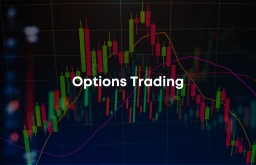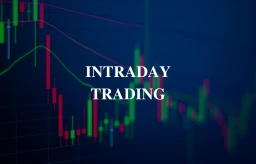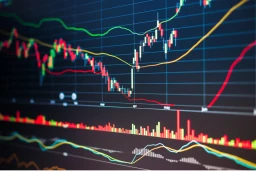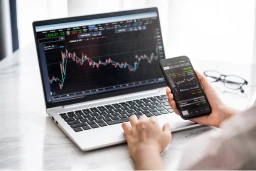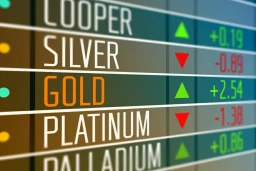What is the Commodity Market in India?
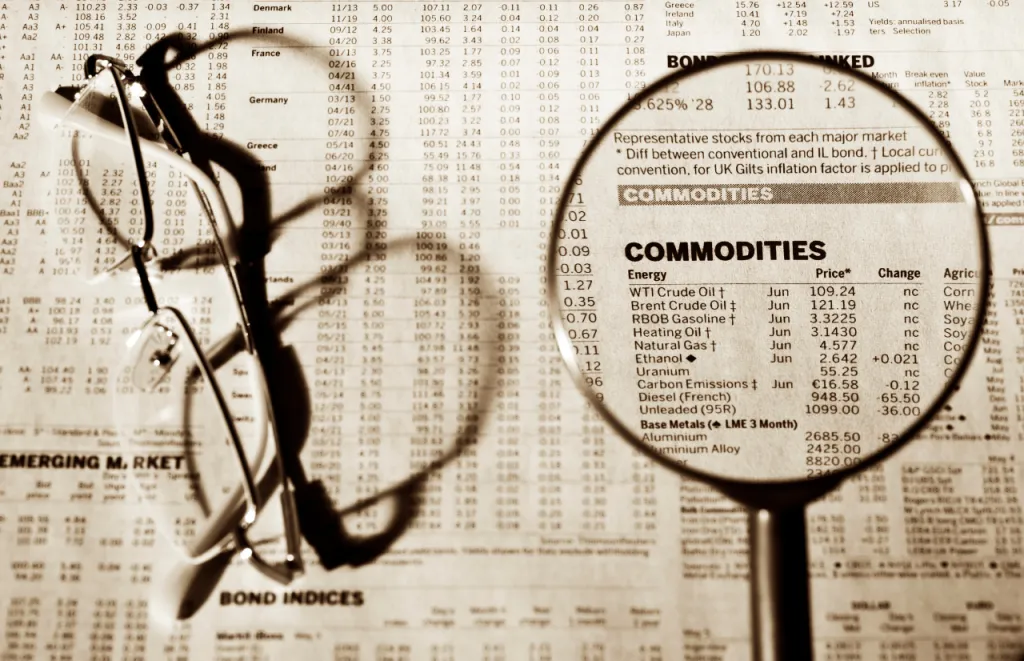
The commodity market is a vital part of the Indian economy. It is a platform where various commodities are traded. The commodities can be anything from agricultural products to metals and minerals. The commodity market in India has been in existence for a long time now. It was first established in the year 1875. The commodity market plays an important role in the Indian economy as it helps to ensure that there is a balance between demand and supply. The commodity market is also a place where farmers and producers can get good prices for their produce. In this blog post, we will take a look at the commodity market in India and how it works.
What is Commodity?
Commodities are standardized resources or raw materials with intrinsic value used in the production of refined goods. Except for actionable claims and money, it is any movable good that can be bought and sold. Commodity quality may vary, but it must be substantially uniform on some criteria across different producers.
Commodities are traded on exchanges or on the spot market. To be able to trade, commodities must meet the minimum standards set by the exchanges. Traders can purchase these commodities either on the spot market or through derivatives such as options or futures contracts. Beyond traditional securities, commodity trading provides portfolio diversification. Furthermore, because commodity prices move in the opposite direction of stock prices, investors engage in commodity trading during periods of market volatility.
What is Commodity Market?
Similar to any other market, the commodities market is either a physical or a virtual space, where interested parties can trade commodities (raw or primary products) at present or future date. The price is dictated by the economic principles of supply and demand.
A Commodity market is a place for investors to trade in commodities like precious metals, crude oil, natural gas, energy, and spices, among others. Currently, the Forward Markets Commission allows futures trading in India for around 120 commodities. Trading in commodities is great for investors seeking to diversify their portfolio, as these investments often help with inflation.
Types of Commodities in the market
There are approximately fifty major commodity markets around the world that trade in over 100 commodities. Traders can trade in four major commodity categories:
Metal: The market offers a wide range of metals for trading, including iron, copper, aluminium, and nickel, which are used in construction and manufacturing, as well as precious metals such as gold, silver, and platinum.
Energy goods: Bulk energy goods are traded in households and industries. These are natural gas and petroleum. Uranium, ethanol, coal, and electricity are also traded as energy commodities.
Agricultural goods: The commodity market trades a wide range of agricultural and livestock products. Sugar, cocoa, cotton, spices, grains, oilseeds, pulses, eggs, feeder cattle, and other commodities are examples.
Environmental goods: This group includes renewable energy, carbon emissions, and white certificates.
Gold, silver, crude oil, Brent oil, natural gas, soybean, cotton, wheat, corn, and coffee are the most traded commodities worldwide.
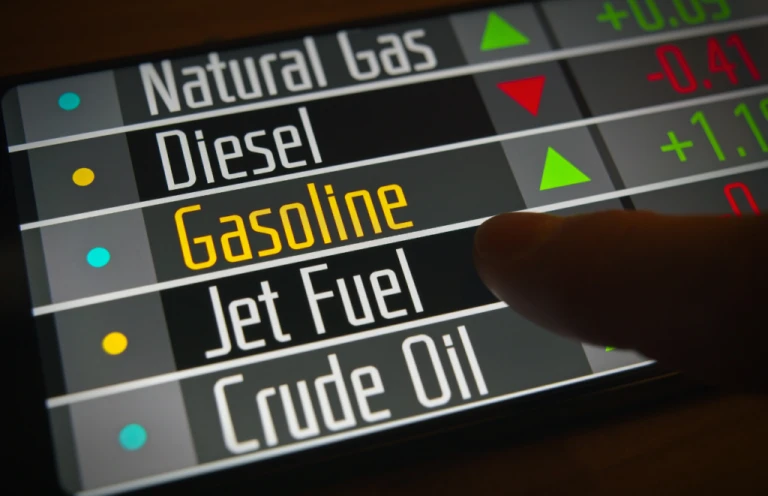
Types of Commodity markets
Commodity trading typically takes place in either derivatives or spot markets.
Spot markets, also known as “cash markets” or “physical markets,” are places where traders exchange physical commodities for immediate delivery.
In India, there are two types of commodity derivatives: futures and forwards; these derivatives contracts use the spot market as the underlying asset and give the owner control of it at a point in the future for a price agreed upon now. When the contracts expire, the commodity or asset is physically delivered.
The main distinction between forwards and futures is that forwards can be customized and traded over the counter, whereas futures are standardised and traded on exchanges.
What Commodity Exchanges are available in India?
The Forward Markets Commission in India has established 22 commodity exchanges. The following commodity exchanges are popular trading venues in India:
- Multi Commodity Exchange of India (MCX)
- Indian Commodity Exchange (ICEX)
- National Multi Commodity Exchange of India (NMCE)
- National Commodity and Derivative Exchange (NCDEX)
How Does a Commodity Market Work?
Assume you purchased a gold futures contract on the MCX for Rs. 72,000 per 100 gm. On the MCX, gold has a margin of 3.5%. So you’ll have to pay Rs. 2,520 for your gold. Assume that the price of gold rises to Rs. 73,000 per 100 gm the next day. Rs 1,000 will be credited to the commodity market-linked bank account. Assume it falls to Rs. 72,500 the next day. As a result, Rs. 500 will be deducted from your account.
Participants of Commodity market
Speculators:
The commodity market is driven by speculators and hedgers. They can forecast future price movements by constantly analysing commodity prices. For example, if they predict that prices will rise, they will purchase commodity futures contracts, and when prices do rise, they will be able to sell the contracts at a higher price than they paid for them.
Because they are not interested in the actual production of goods or even taking delivery of their trades, they mostly invest in cash-settlement futures, which provide them with substantial gains if markets move in their favour.
Hedgers: Commodity futures markets are commonly used by manufacturers and producers to hedge their risk. Farmers, for example, will suffer a loss if prices fluctuate and fall during harvest. Farmers can hedge their bets by purchasing a futures contract. As a result, when prices fall in the local market, farmers can compensate by profiting in the futures market. In contrast, if there is a loss in the futures market, it can be offset by gains in the local market.
Commodities are also used as an inflation hedge. Because commodity prices frequently mirror inflation trends, investors frequently use them to protect their funds in times of rising inflation, as inflationary losses can be offset by a rise in commodity prices.
Why invest in Commodity market?
Investing in the commodities market has both benefits and drawbacks. Let us start with the benefits:
Advantages
- Diversification
When compared to the returns on stocks and bonds, the performance of the commodity market is inverse. As a result, investing a small portion of your money in the commodities market benefits many people.
It will assist them in achieving a high return on investment even if stock prices are declining. This allows them to compensate for lower or negative profits generated primarily by the capital sector.
- Margin Trading
Commodity brokers provide a lower trading margin than bond and stock market transactions.
It allows brokers to trade with borrowed funds, allowing both speculators and hedgers to profit from each transaction.
While commodity traders can profit from bulk orders by promising repayment later, speculators can benefit from such investments by earning higher returns.
- Real Returns
Specific goods are stable in terms of economic and capital market conditions, whereas several commodities remain volatile in terms of economic and capital market conditions.
Crude oil is a prime example of a volatile commodity. Due to large fluctuations in supply, mining problems, or economic conditions, its price does not remain stable.
Stockholders invest in such commodities to profit even when the market is volatile, and they take a long or short position based on their forecast of the market.
Disadvantages
- Limited Returns
Commodity investments only seek to accumulate capital profit, whereas stock and bond markets pay out on a regular basis through coupon payments and dividend coupons.
To earn high returns in the commodity market, however, real expertise is required. Individuals can trade commodities on any established commodity exchange by registering with a commodity broker.
- High Risk
The commodity market is extremely volatile, and any changes in demand or productive capacity can have a significant impact on prices.
Prices cannot remain stable due to such high volatility, causing investors to lose significant returns.
Before choosing to trade in commodities, individuals should be well versed in internal and external factors such as the internal workings of the company or international trade.
Additionally, an individual must maintain supply and demand patterns in order to reduce future risk.
Follow us on Instagram.





